Iggy Azalea isn't an artist who is content with the status quo.
"Why do things only have to be the way they've been? Why can't we hear from new voices?" These are questions the 23-year-old Australian rap artist poses as I speak with her a few days before the release of her debut studio album, The New Classic.
As a young white female hip-hop artist, these are not new questions for Azalea. They've been the basis of a thesis she began testing the day she moved away from home in Australia at the age of 16 to pursue a career as a rap performer in the United States. Azalea's success supposes a person's talent can overshadow the fact that they do not fit into a neatly labeled category of mainstream society. "There were days I would get so mad and think, If I were anyone else, or if I could step into another body, or if you could hear this with your eyes closed and not know it was me, then I would be received differently," she says of her uphill battle to gain respect in the hip-hop world. "There were times where I felt people didn't want to support my songs just because of where I'm from or what they think I represent, or because they feared me changing rap music... but I wouldn't give up."
In 2011, Azalea began to see the fruits of her labor blossom as she went from being laughed at in clubs because "people thought my raps sucked" to seeing videos of her freestyling on YouTube going viral. That led her to release her first official music video, "Pu$$y," through her YouTube channel. The female-empowering rap caught the attention of fans as much for the track's blunt referral to oral sex from a woman's perspective as Azalea's smooth lyrical flow. Shortly thereafter, offers came from many different outlets -- including several modeling contracts -- before Azalea eventually signed with Island Def Jam in 2013. "It's tough because I wanted to be accepted, but it seemed so impossible to me," she says of the prejudice she has encountered throughout her journey from record executives unwilling to judge her on her talent. "They can be so stubborn -- not listeners or the consumer -- but the people that give you those platforms. They can be so stubborn and unwilling to give something different a chance. I began to think, Are you scared people will like this? It's like they think, Oh, if we let her in, there will be more of them, but whether it's me or not, there fucking will be."
 Azalea isn't blind to the parallels between her struggles and those of LGBT hip-hop artists vying for mainstream acceptance. In fact, the Aussie spitfire regularly speaks up about her irritation with homophobia in hip-hop and believes the shadow it casts over the genre stems from a lack of education and familiarity with LGBT people. "[Homophobia] comes from ignorance and homophobes not being around enough gay people," she says. "I think straight men, especially in hip-hop, have this notion that a gay man is going to come and make them gay or try to have sex with them, and I always think that's so weird. I just want to tell them, 'Hey, they aren't interested in you. You're not that cute.' I don't get why some straight men are still so scared of gay people. But I honestly believe it's like anything else. People just need to be exposed to it long enough for it to not be scary anymore. That's the case with a lot of rappers. They haven't been around very many different people, and a lot of them aren't very well traveled. It's just a lack of culture."
Azalea isn't blind to the parallels between her struggles and those of LGBT hip-hop artists vying for mainstream acceptance. In fact, the Aussie spitfire regularly speaks up about her irritation with homophobia in hip-hop and believes the shadow it casts over the genre stems from a lack of education and familiarity with LGBT people. "[Homophobia] comes from ignorance and homophobes not being around enough gay people," she says. "I think straight men, especially in hip-hop, have this notion that a gay man is going to come and make them gay or try to have sex with them, and I always think that's so weird. I just want to tell them, 'Hey, they aren't interested in you. You're not that cute.' I don't get why some straight men are still so scared of gay people. But I honestly believe it's like anything else. People just need to be exposed to it long enough for it to not be scary anymore. That's the case with a lot of rappers. They haven't been around very many different people, and a lot of them aren't very well traveled. It's just a lack of culture."
However, Azalea believes American culture is changing quickly, and it won't be long before an out gay rapper will be accepted by the mainstream. "I don't think we're far off from [an out mainstream rapper] at all because women are the number 1 consumers of music and hip-hop, and I think women are more open to the idea of openly gay artists," she says. "I remember seeing [out gay rapper] Le1f on David Letterman just the other night and thinking how great it was for him to have that kind of reach and exposure on television."
The increased visibility of LGBT people in all forms of media is a progressive step Azalea applauds, but she insists homophobia must be met with real-life experience before it can be relegated solely to history books. "It's good we're in a time now where more people are openly gay, because before there was so much prejudice that people would remain closeted and a person wouldn't even know they were really close friends with a gay man. That perpetuated a false idea of what a gay person is," she says. "Even in movies today, we often see only one sort of gay person -- a caricature of what a gay person is, and while that's not always a negative thing, it's still just one story."
"For me, meeting gay people and knowing them in real life, being friends with them ... is what [shaped my views]. I don't even think of it as 'he's a gay man' or 'she's this or that'-- people are just people," she says, noting it's this point of view that propels her forward and continually fuels her efforts to refuse being defined by her sex, race, or any other confining label.
"Your biological sex is one thing, but gender is something that is socially constructed," she adds. "So why can't you be whatever you want?"
Download Iggy Azalea's debut studio album, The New Classic, on iTunes and watch her latest music video, "Fancy," below.
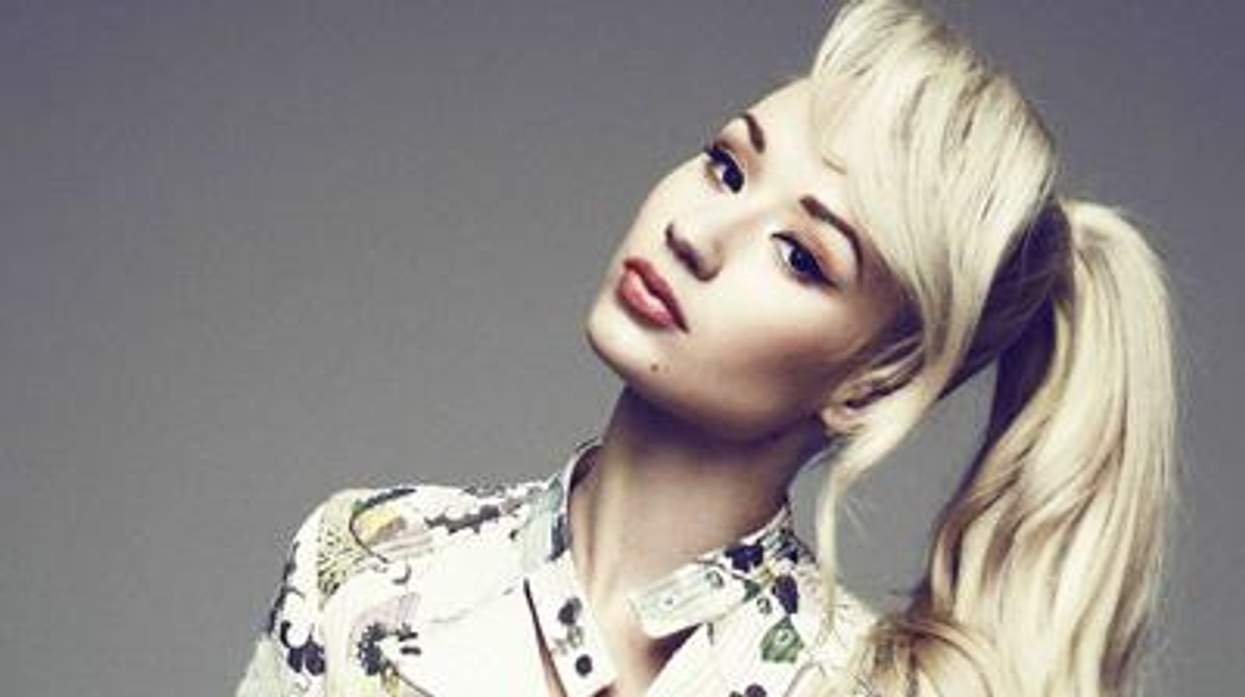

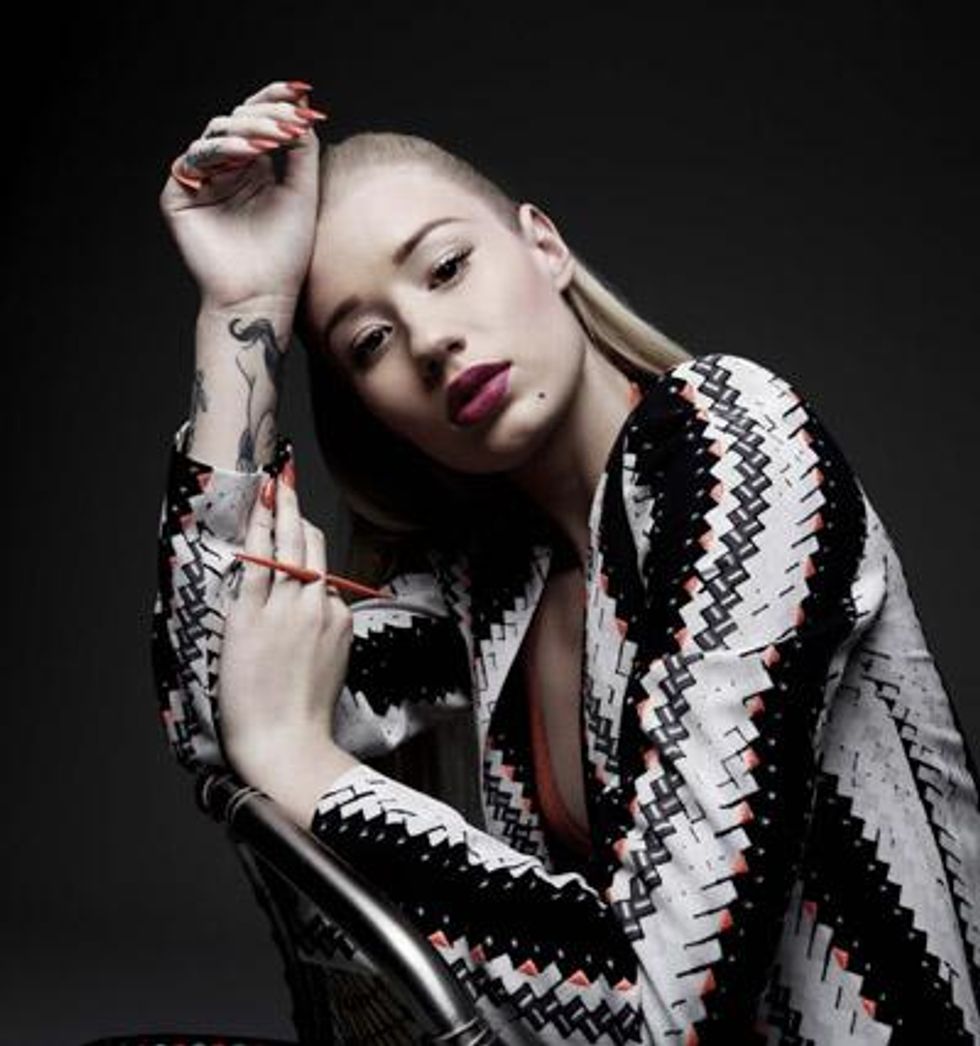 Azalea isn't blind to the parallels between her struggles and those of LGBT hip-hop artists vying for mainstream acceptance. In fact, the Aussie spitfire regularly speaks up about her irritation with homophobia in hip-hop and believes the shadow it casts over the genre stems from a lack of education and familiarity with LGBT people. "[Homophobia] comes from ignorance and homophobes not being around enough gay people," she says. "I think straight men, especially in hip-hop, have this notion that a gay man is going to come and make them gay or try to have sex with them, and I always think that's so weird. I just want to tell them, 'Hey, they aren't interested in you. You're not that cute.' I don't get why some straight men are still so scared of gay people. But I honestly believe it's like anything else. People just need to be exposed to it long enough for it to not be scary anymore. That's the case with a lot of rappers. They haven't been around very many different people, and a lot of them aren't very well traveled. It's just a lack of culture."
Azalea isn't blind to the parallels between her struggles and those of LGBT hip-hop artists vying for mainstream acceptance. In fact, the Aussie spitfire regularly speaks up about her irritation with homophobia in hip-hop and believes the shadow it casts over the genre stems from a lack of education and familiarity with LGBT people. "[Homophobia] comes from ignorance and homophobes not being around enough gay people," she says. "I think straight men, especially in hip-hop, have this notion that a gay man is going to come and make them gay or try to have sex with them, and I always think that's so weird. I just want to tell them, 'Hey, they aren't interested in you. You're not that cute.' I don't get why some straight men are still so scared of gay people. But I honestly believe it's like anything else. People just need to be exposed to it long enough for it to not be scary anymore. That's the case with a lot of rappers. They haven't been around very many different people, and a lot of them aren't very well traveled. It's just a lack of culture."



























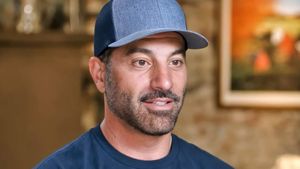

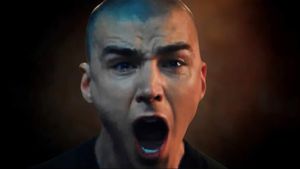







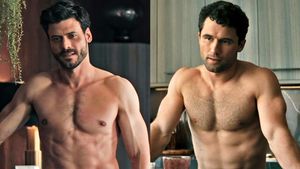











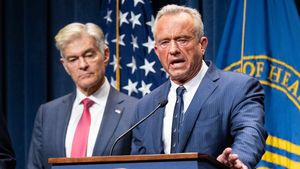


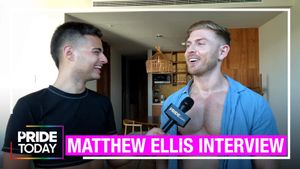

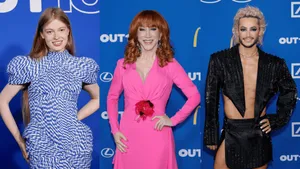


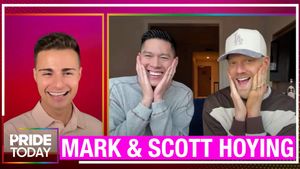

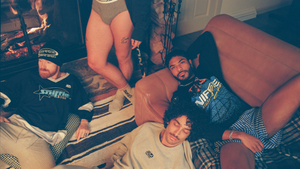
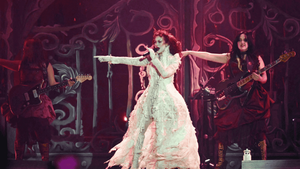


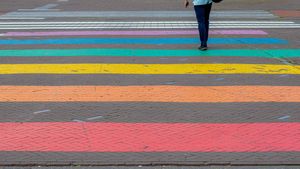

Charlie Kirk DID say stoning gay people was the 'perfect law' — and these other heinous quotes